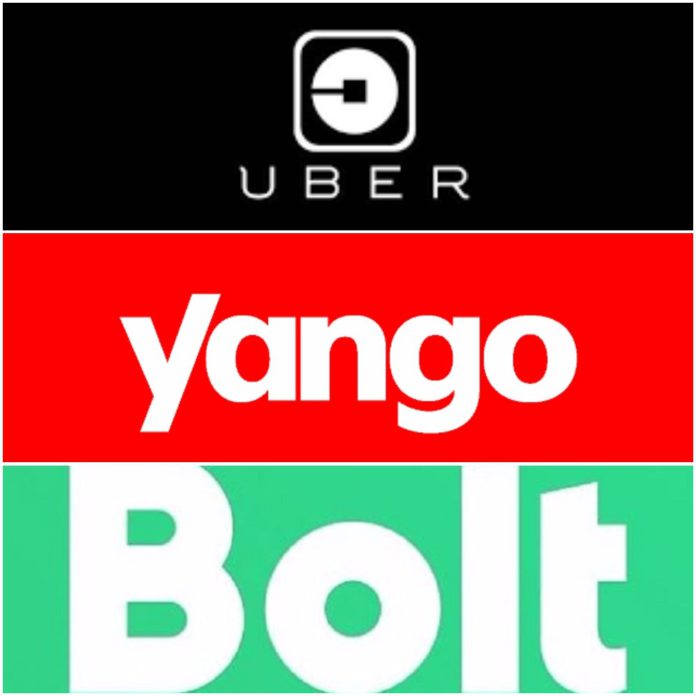Uber, Yango and Bolt Driver who are the three ridesharing platforms in Ghana will now pay GH¢60 annual fee imposed on them by the Vehicle Licensing Authority (DVLA).
The fee, forms part of new guidelines the Authority has introduced together with the Ministry of Transport, National Road Safety Commission, the MTTD of Ghana Police Service and other key stakeholders to check the activities of such digital operations.
In a statement, the DVLA noted that the guidelines will also cover companies who intend to operate ride-hailing platforms in Ghana in the future.
Among other things, owners of vehicles that operate on the ridesharing platforms are now expected to present their vehicles and its registration certificate at the Digital Transport Center at DVLA’s Headquarters in Cantonments for “verification and authentication.”
In cases where the driver is unable to be present, his/her representative must present a duly signed Power of Attorney document at the Digital Transport Center as well as a valid national ID document.
The DVLA indicated that special identifier stickers will be issued to vehicles that have completed the process and they “must be affixed on the windscreen at all times.”
“Having successfully signed up, the vehicle must now undergo roadworthy examination and certification every six (6) months as it is the case for all commercial vehicles,” DVLA noted in the statement.
Beyond the guidelines for the car owners, the DVLA said drivers of the vehicles must mandatorily be present for their verification and authentication.
“Unlike in the case of the vehicle owner, the driver must be physically present for this activity…..Drivers must ensure that, at all times, they possess a valid Driver’s Licence,” it added.
In the case of the companies that operate the digital transport platforms, the DVLA said they must provide proof of their business registration and also only drivers verified by the DVLA must be allowed to use the platform.
“Once you are signed on, only verified and approved vehicles and drivers must be enrolled on your platform.”
“The DVLA data system becomes the only valid source for verifying the authenticity of a driver’s license or a vehicle’s registration. Submit quarterly reports in the form as agreed with the Authority,” the DVLA noted as part of the guidelines.”
The DVLA further urged the public to cooperate with them by adhering to the guidelines and ultimately guarantee the safety and security of partnership.

